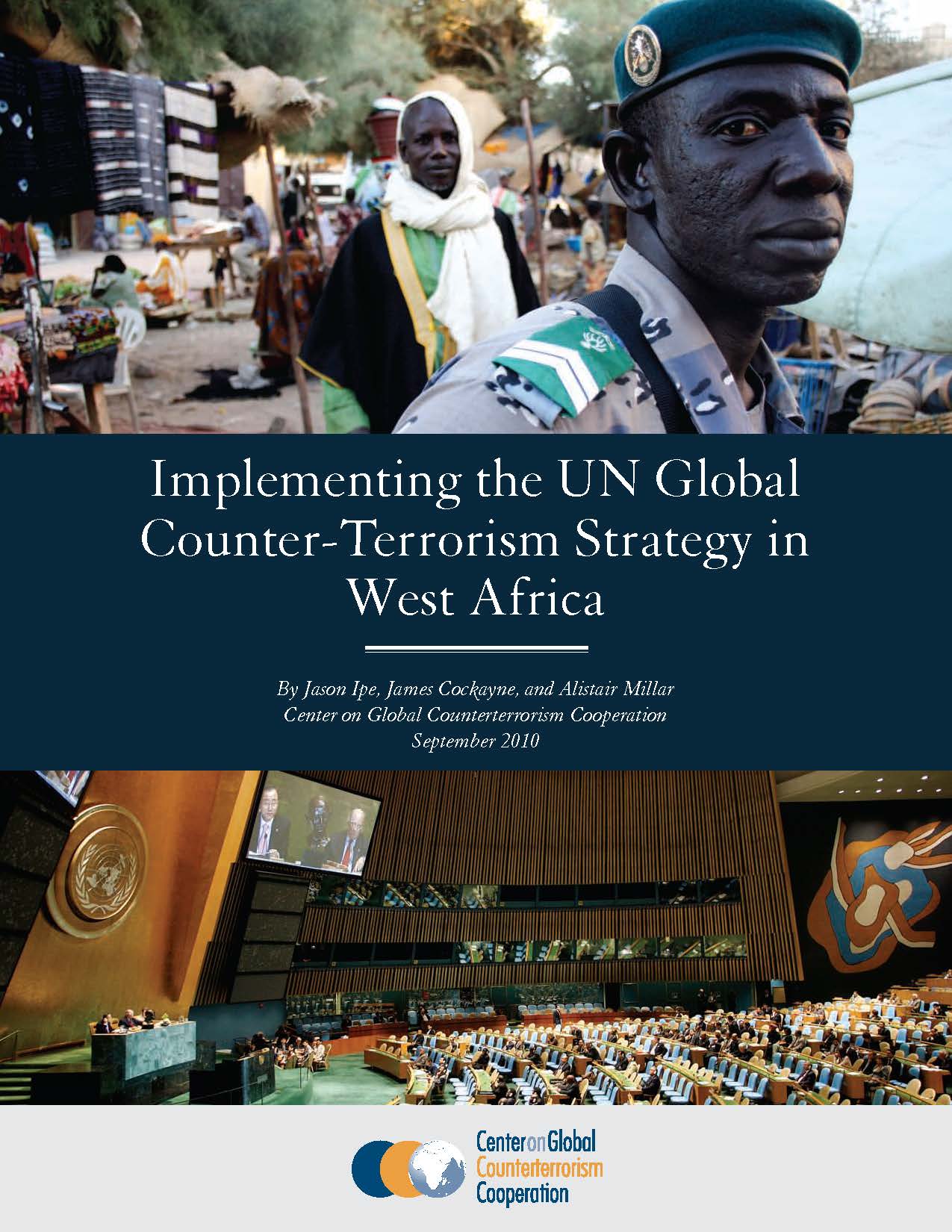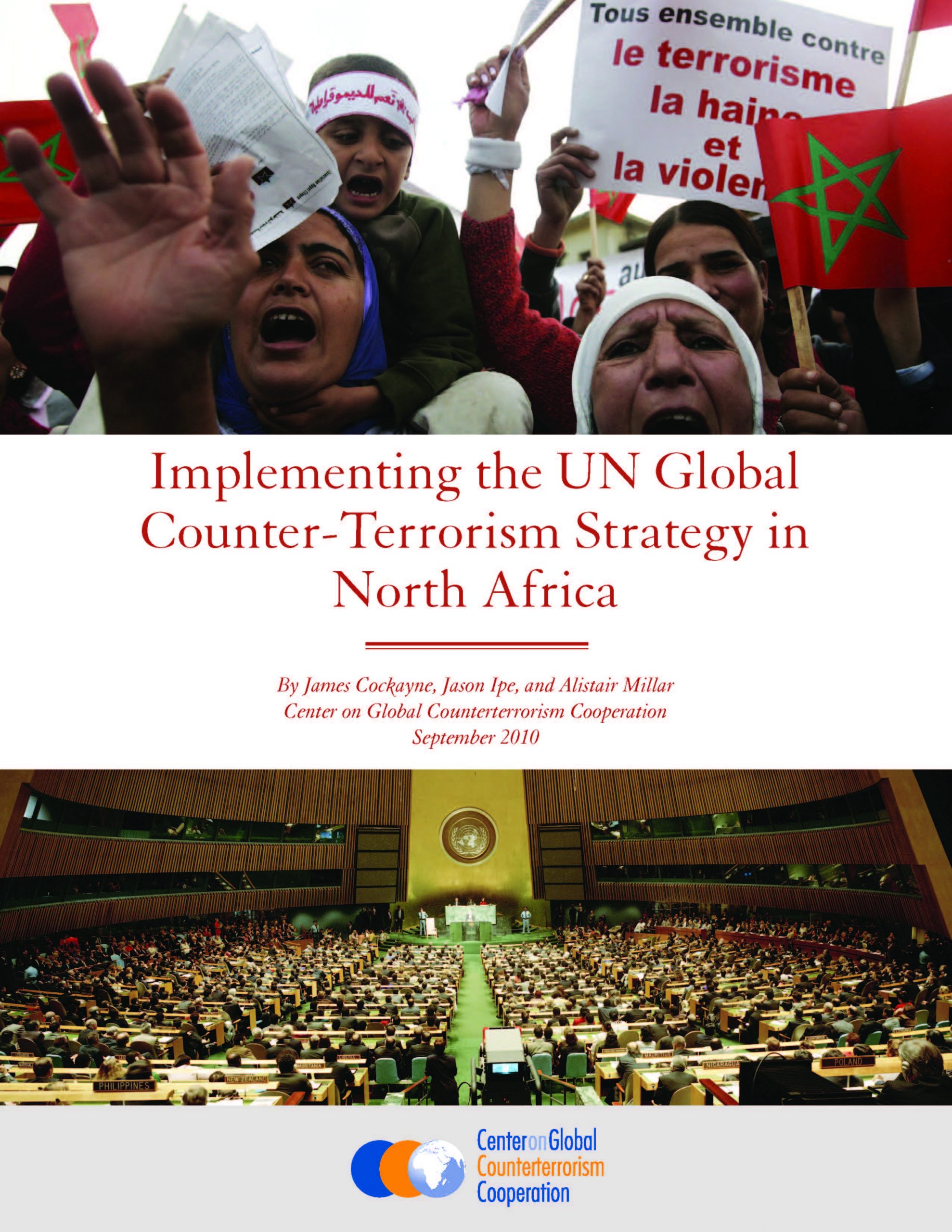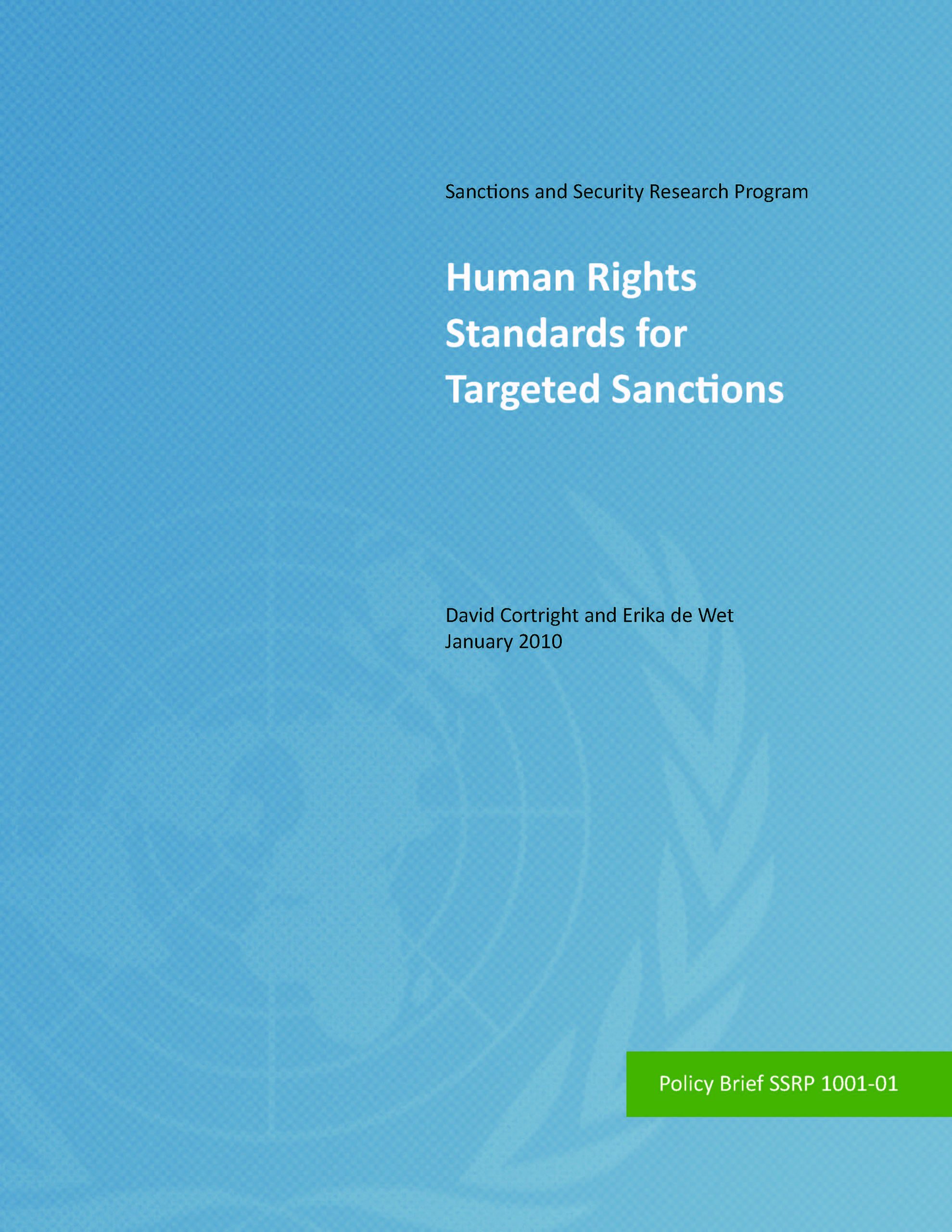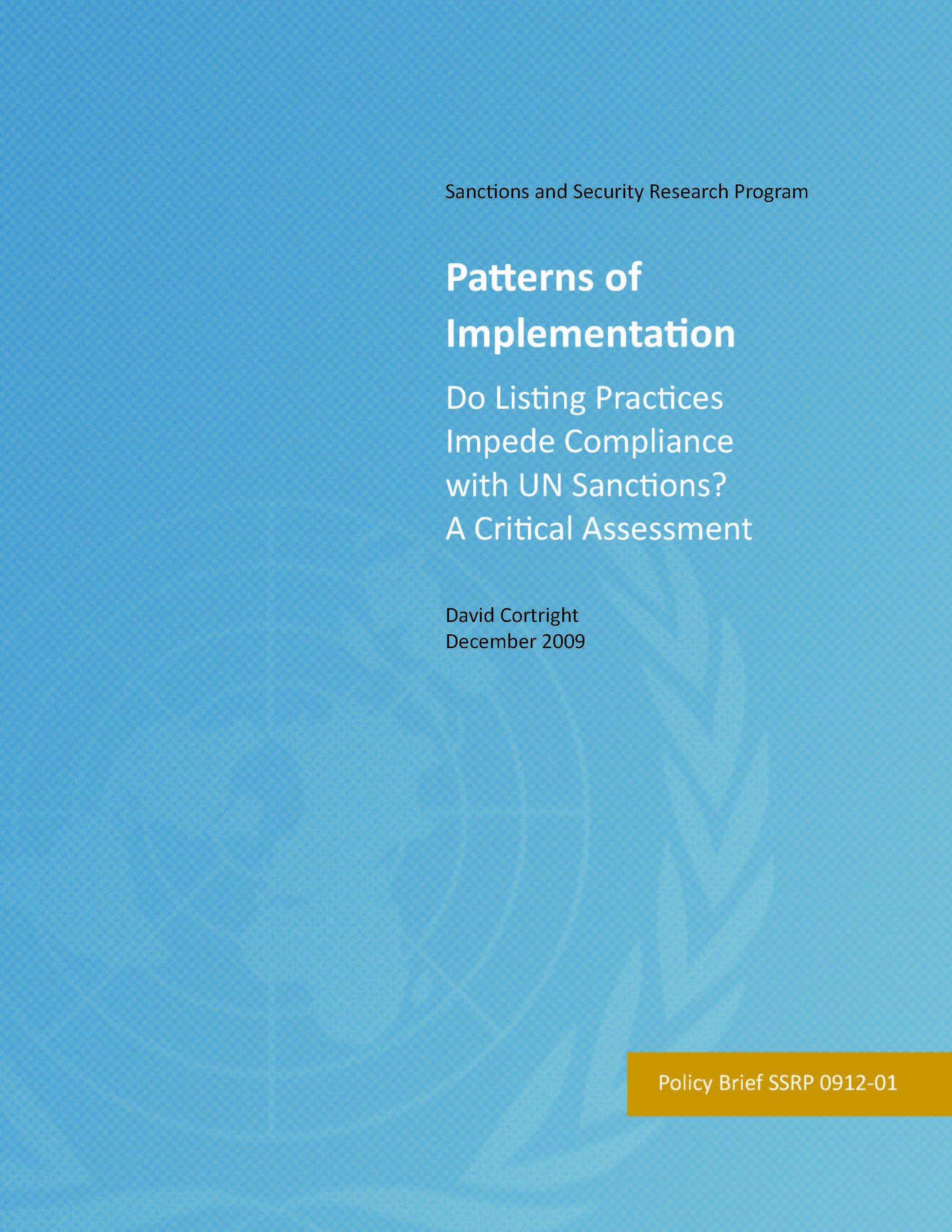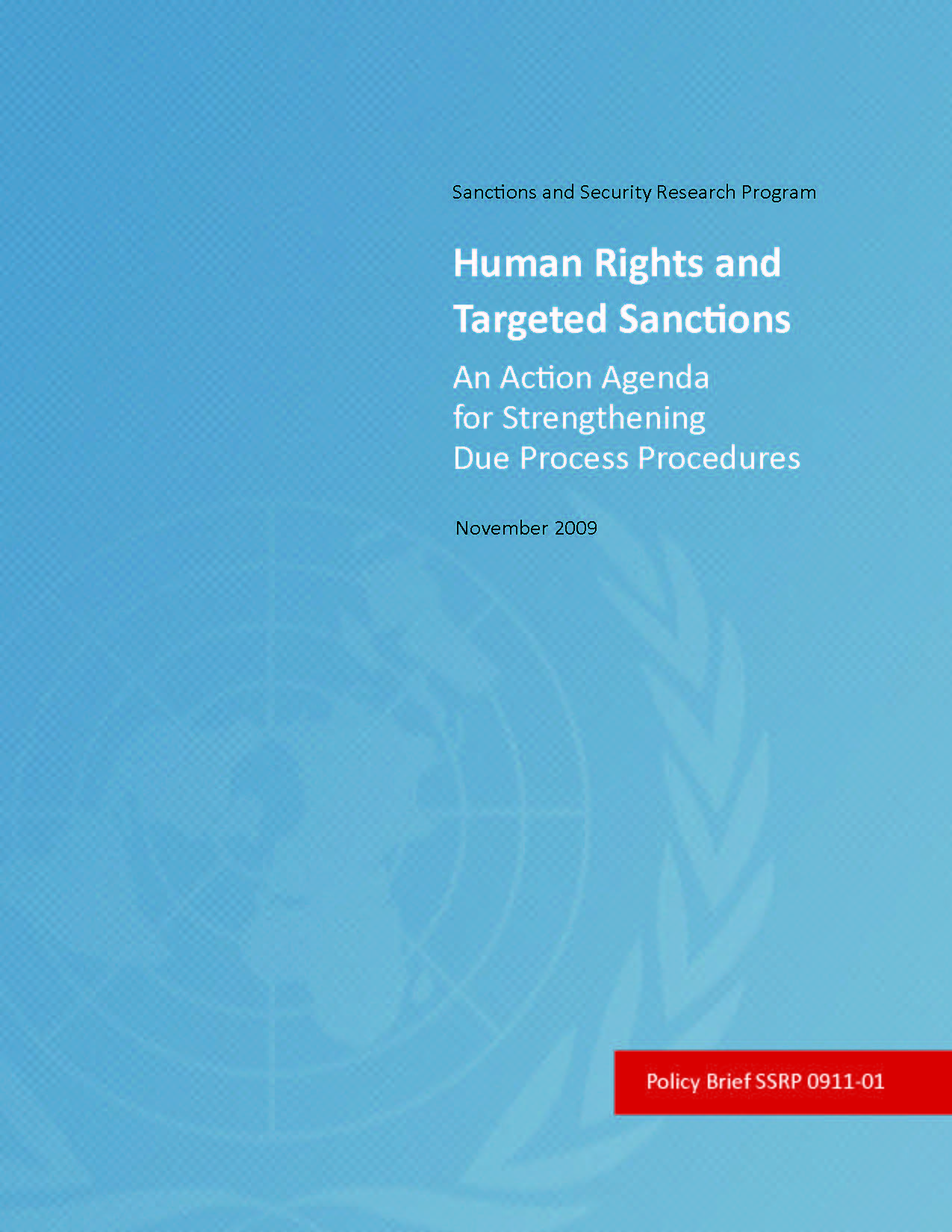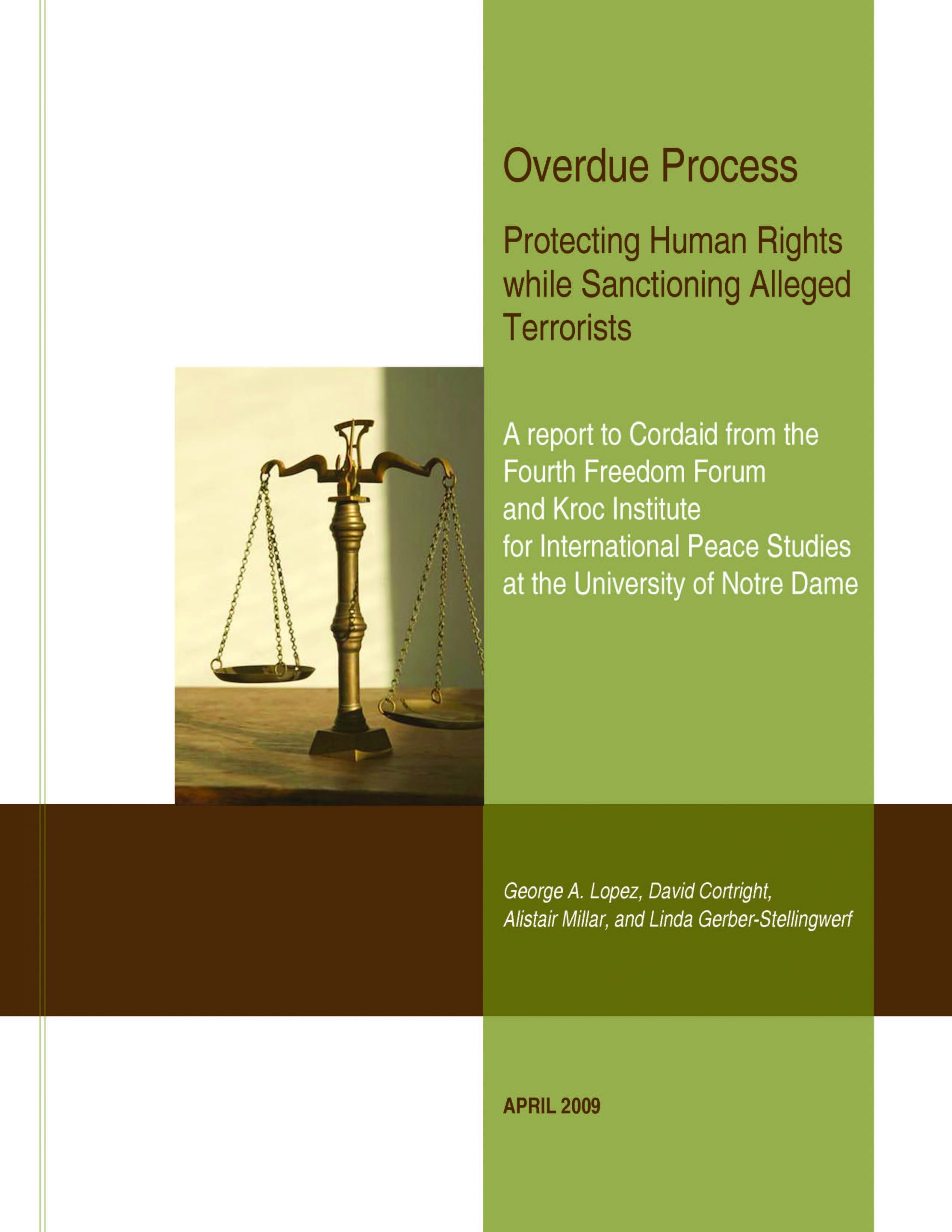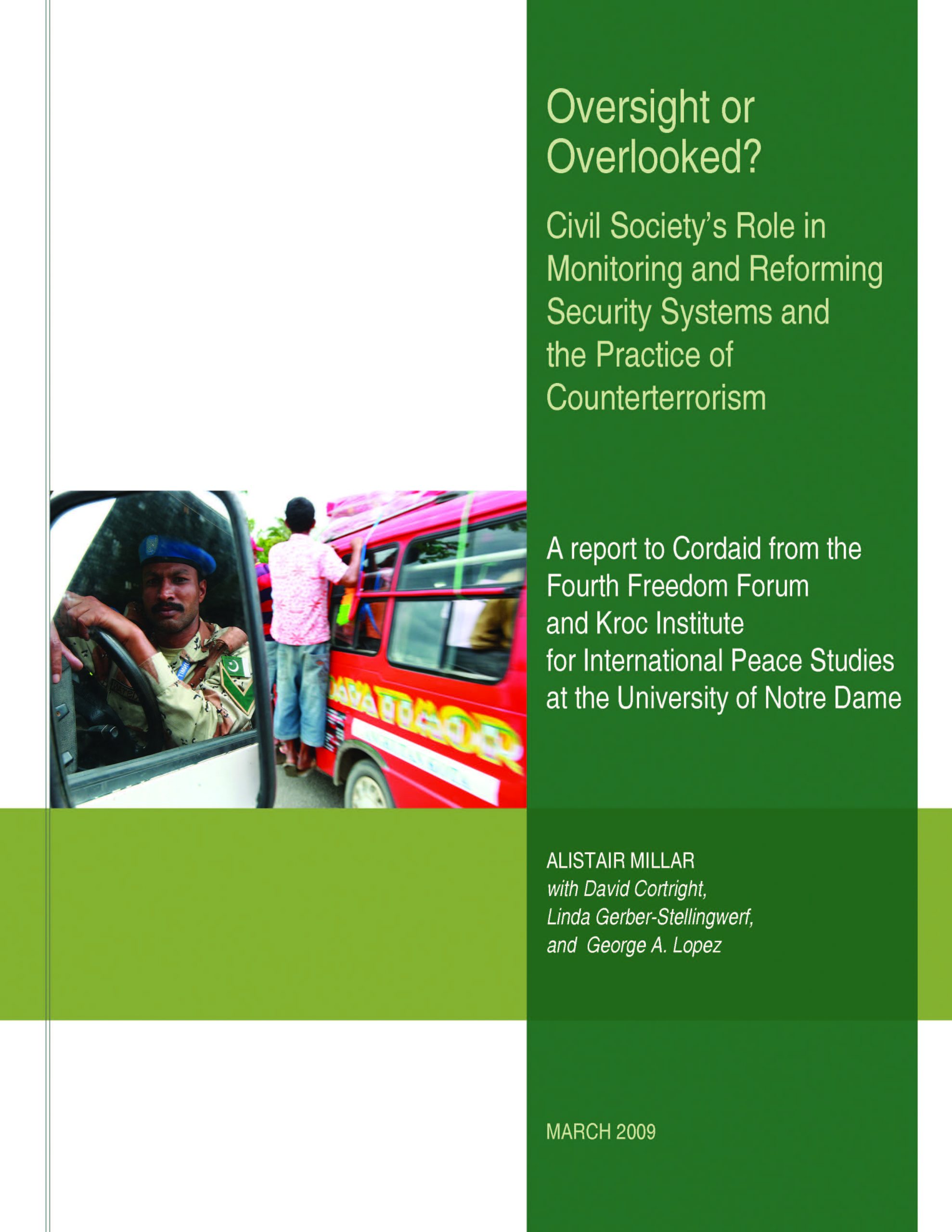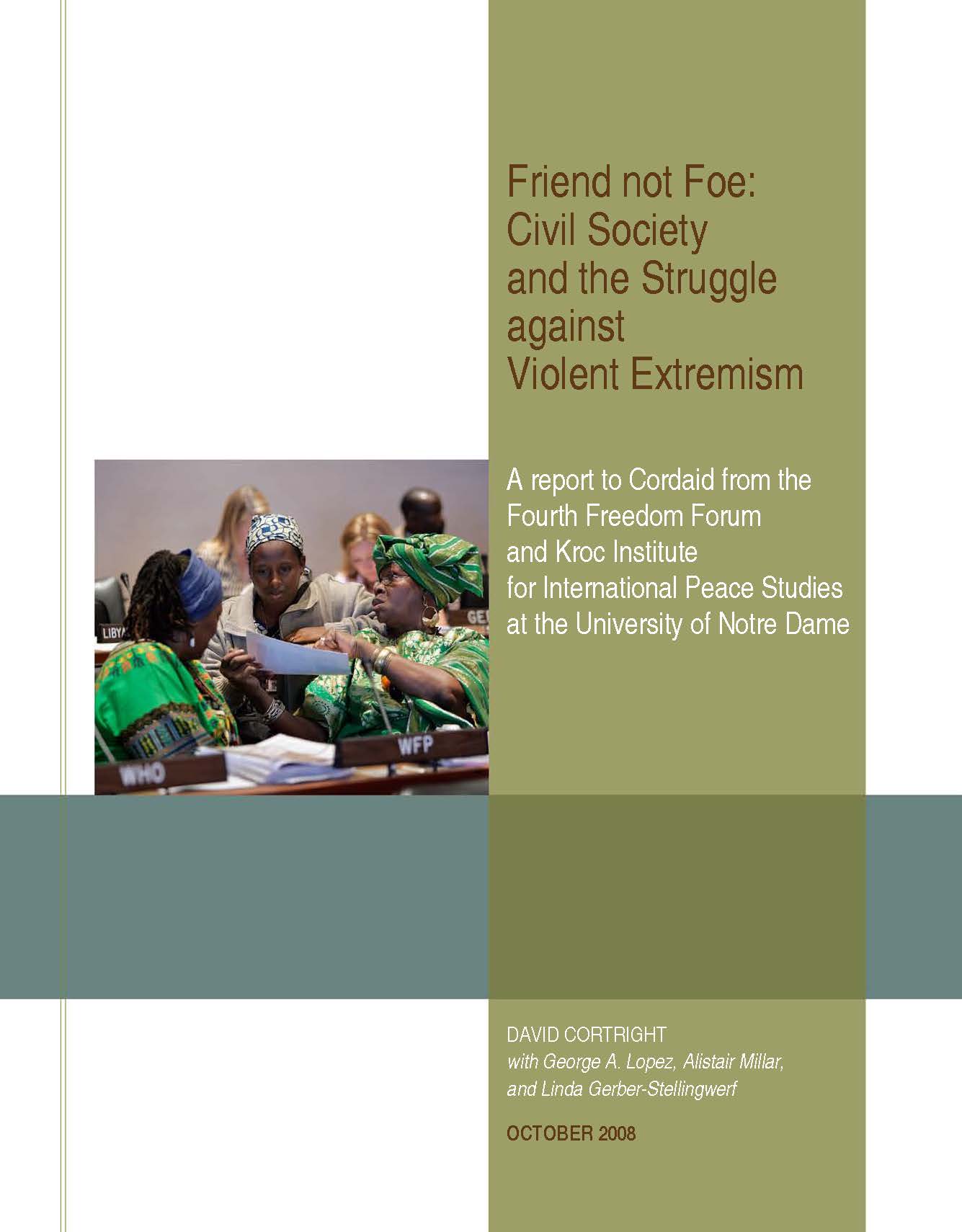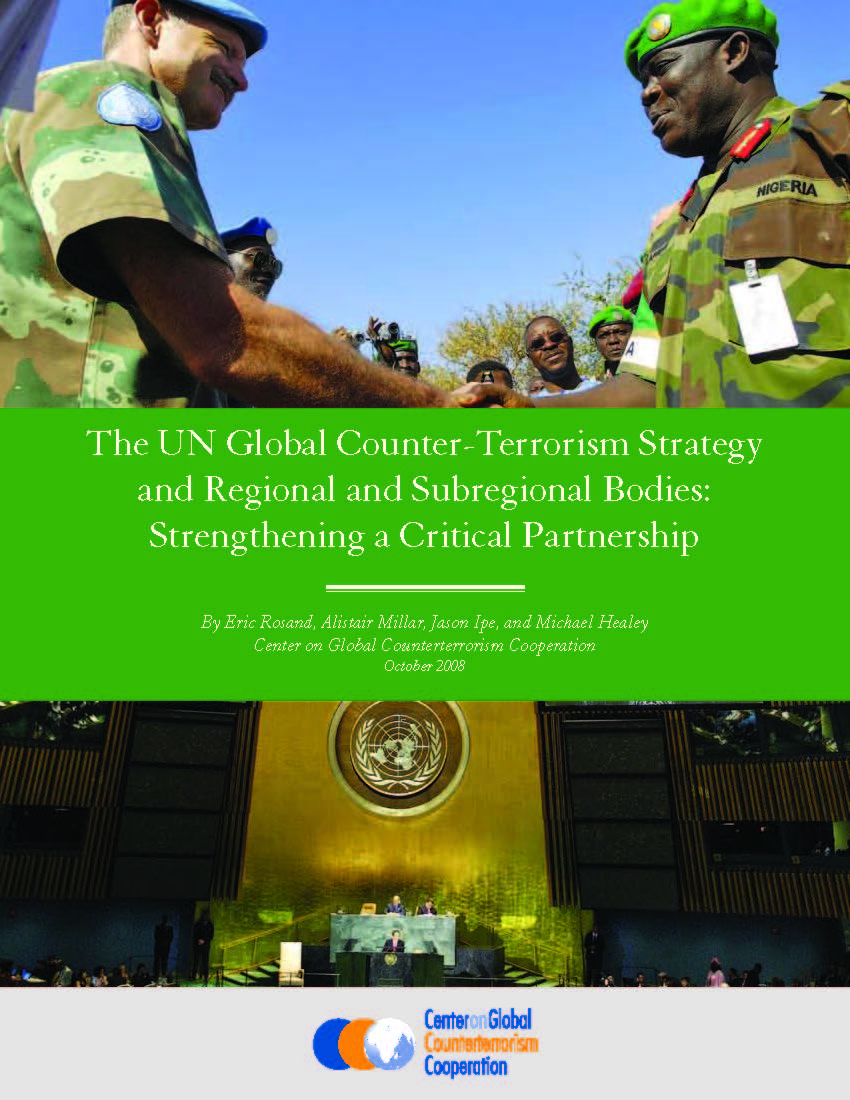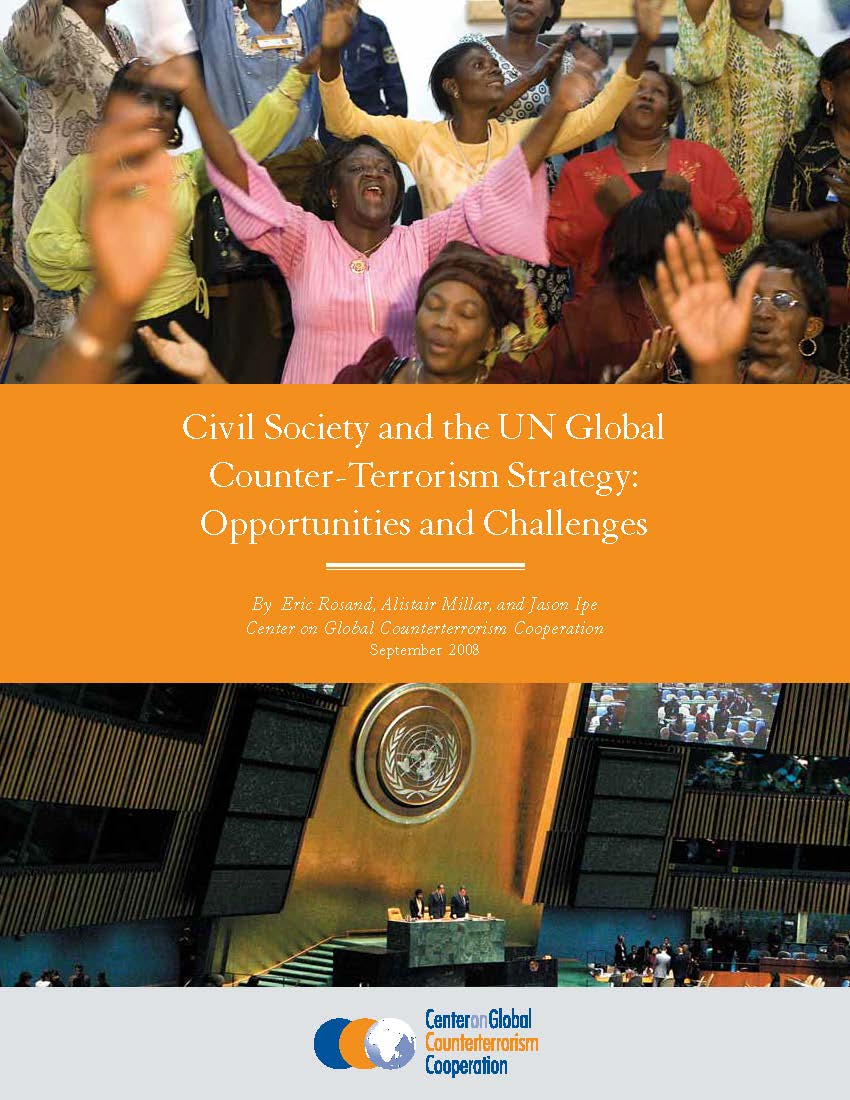Implementing the UN Global Counter-Terrorism Strategy in West Africa
Report — September 2010
This report makes the case for West African states and partners to develop counterterrorism capacities and cooperation in the subregion, using the United Nations Global Counter-Terrorism Strategy as their point of departure and working closely with and through the Economic Community of West African States (ECOWAS). The report is based on recommendations that emerged from a large stakeholder meeting cohosted with the ECOWAS Commission in Abuja and a series of smaller consultations in Brussels and New York.
